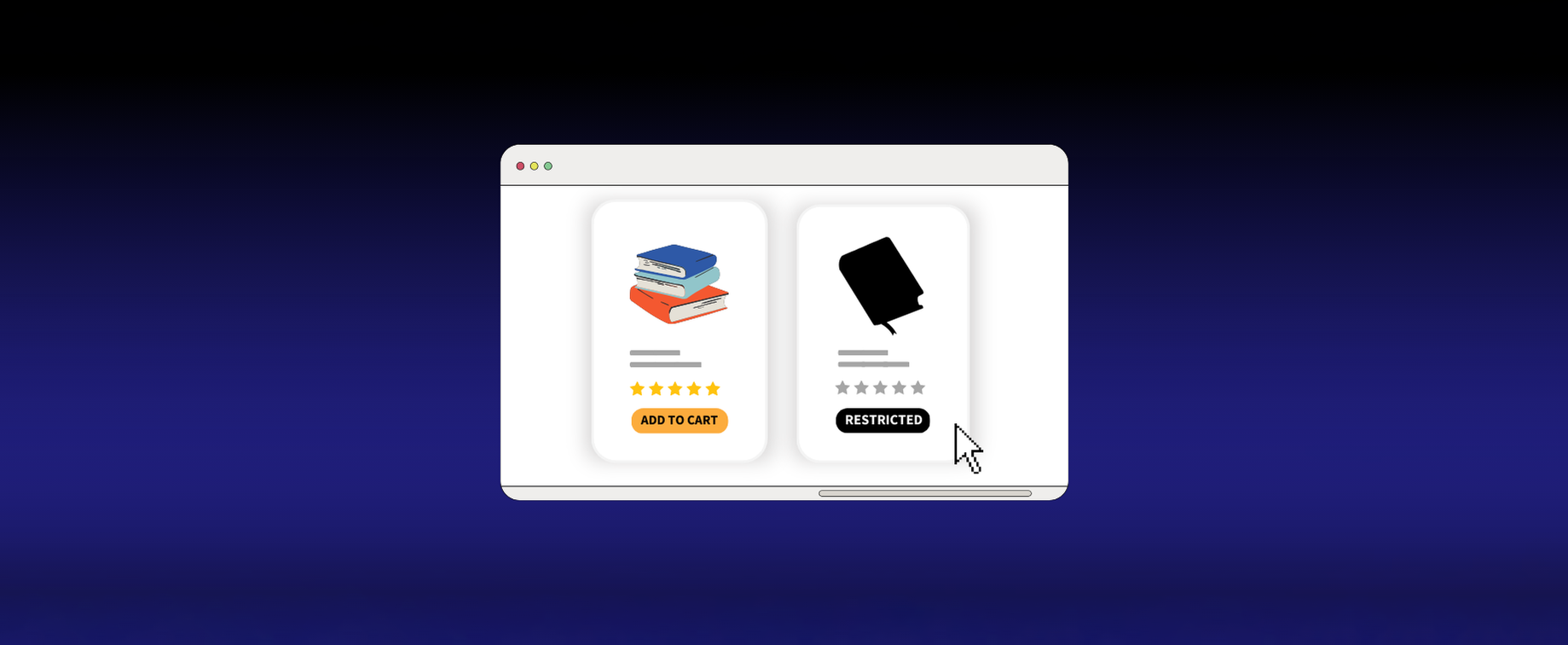Citizen Lab at RightsCon 2015
The Citizen Lab will be hosting two sessions, “Asia Chats” and “Filtering Free Expression,” at the RightsCon 2015 conference in Manila, Philippines.
(1) “Asia Chats: Security and Privacy of Asian Messaging Apps”
Abstract: “In Asia, mobile chat apps like WeChat, LINE, and KakaoTalk are hugely popular and rapidly expanding into new markets. The growth of these applications and strategies from the companies behind them to attract an international user base raise questions regarding the kind of pressures they may face in specific jurisdictions to censor or monitor communications and provide governments with user data and how they will respond to these demands. The Citizen Lab at the Munk School of Global Affairs, University of Toronto has been actively researching privacy, security, and censorship in popular Asian chat apps. Join Citizen Lab and partners to share latest findings on these apps and explore strategies for helping users make more informed decisions about the apps they use and engaging companies to improve privacy and security.”
The “Asia Chats” session will discuss the Citizen Lab’s analysis of information controls and privacy in mobile messaging applications used in Asia, with a focus on WeChat, LINE, and KakaoTalk. Read the background information regarding the project. This session will take place on Tuesday, March 24, at 11:30-12:45 in room Ruby A.
(2) “Filtering Free Expression in Southeast Asia: Challenges and Opportunities”
Abstract: “Governments have increasingly sought to impose information controls (e.g., censorship and filtering) on the Internet as more and more people are seeking and sharing information, running campaigns, and engaging in political discourse online. Information controls can be applied in highly dynamic ways that respond to events on the ground—particularly around major events such as elections or transfers of powers, global conferences, and armed conflicts—and may include multiple actors, such as states, private companies, criminal or militant groups, and civil society organizations. In this session, ARTICLE 19, the Citizen Lab, and a number of civil society representatives from the Southeast Asian region will engage in discussions about the legal and technological forms of information controls, and the instances in which they have been applied.”
A joint event between the Citizen Lab and ARTICLE 19, the “Filtering Free Expression” session will discuss the two organizations’ research and advocacy on censorship and filtering in the Southeast Asian region. The event is part of the Citizen Lab’s study into event-based information controls, in which we’ve examined information controls during the 2014 coup in Thailand, in Iraq in reaction to ISIS insurgency, and during the 2013 Internet Governance Forum in Bali, Indonesia. This session will take place also on Tuesday, March 24, at 17:00-18:15 in room Emerald C.
Other sessions of interest at the RightsCon 2015 conference
Citizen Lab Senior Security Researcher Morgan Marquis-Boire will be presenting a session entitled “Real World Threats for Human Rights Workers, Activists, and Journalists,” which will examine the commercialization of offensive technologies and the targeting of journalists, human rights workers, and activists.
Citizen Lab partner organization ASL 19 will host a “lightning talk” on the issue of restrictive controls implemented during politically or socially sensitive periods (e.g. right before an election) in Iran in a session called “Responding to Iran’s ‘Just-in-time’ Information Controls.”
Cyber Stewards Network member Paradigm Initiative Nigeria will also host “a lightning talk” in a session entitled “Positive Rights in Africa: The Nigerian “Digital Rights and Freedom Bill” Example,” which will discuss the process that led to this positive rights campaign, provide information on work done so far (especially lessons from the campaign) and discuss positive rights in Africa.
Cyber Stewards Network member Bytes for All will give brief introductions and practical demonstrations to introduce the key tools for secure mobile and web communication, such as basic PGP encryption, ToR, Text Secure, and using proxies among other tools, in a session entitled “Digital Tools to Evade Surveillance.”
Cyber Stewards Network member ICT Watch will conduct a tech demo to illustrate the operation and end use of OpenBTS for community run telecom in a session called “OpenBTS for Grasroots Telco Infrastructure.”
